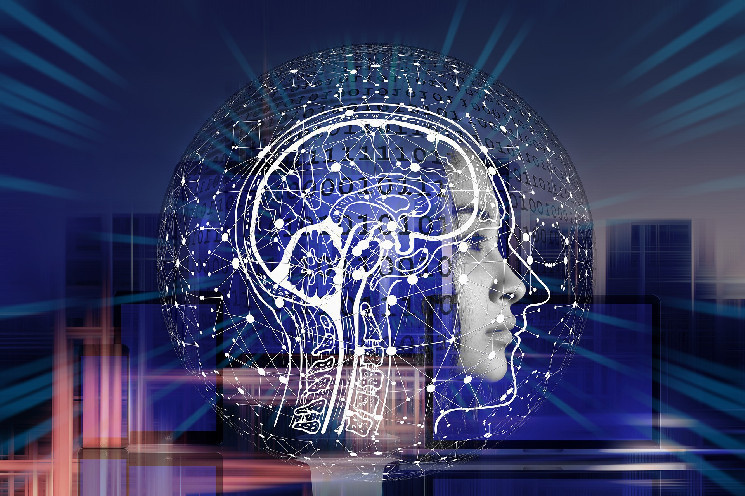[ad_1]
- EQTY is building—on the Hedera blockchain—a solution for AI companies that allows them to track the characteristics of LLMs and provide transparency on how they are trained and function.
- Accenture is testing the solution and if found viable, it will be implemented for the consulting giant’s global clientele, which includes dozens of Fortune 100 companies.
The era of artificial intelligence is upon us, but as ChatGPT, Gemini, and other chatbots take over our lives, the debate on their inner workings and how they are trained is heating up. EQTY uses blockchain to offer a solution that tracks the complex functioning of AI models and enables users and developers to prove and verify their characteristics.
Since ChatGPT launched and became an instant sensation, the adoption of AI and the concerns about safety, privacy and data integrity have skyrocketed at an almost similar rate. Governments and regional authorities are grappling with AI and how best to regulate it.
The main concern has been the large language models (LLMs) that AI companies rely on to develop AI. Do they work as prescribed? What data was used to train them? What are the risks they come with? All these questions have plagued regulators and been at the heart of some billion-dollar lawsuits.
Blockchain could be the solution, and Los Angeles-based EQTY Labs is using the Hedera network to solve the challenges facing AI. The company’s AI Integrity Suite allows AI developers to create cryptographic fingerprints along the entire lifecycle of an AI system, including for all the components. All these fingerprints are then stored on the Hedera blockchain, and since it’s immutable, the end-user can verify the entire process and all the inputs.
“@EQTYLab’s #AI Integrity Suite is being evaluated in @Accenture’s AI lab in Brussels to see if the software could be scaled to serve the firm’s thousands of clients, many of whom are in the Fortune 100.”
Responsible AI from EQTY Lab – built on #Hedera. https://t.co/IJVAxZvMJZ
— Hedera (@hedera) February 10, 2024
According to EQTY, using blockchain was a no-brainer as not only is it cheap and easy to build on, but it’s also decentralized, ensuring that no single entity can have absolute authority over the data.
Transforming AI with Hedera—Accenture Steps In
One of the challenges that EQTY Labs wants to solve is the training of LLMs. Initially, everyone was so engrossed on how transformative AI was that they paid little attention to how it became so powerful. However, in recent months, questions on AI training have taken center stage. ChatGPT maker OpenAI faces a massive lawsuit from the New York Times over copyright infringement, and another $3 billion lawsuit over illegal internet data scrapping.
But what if OpenAI wanted to prove that its training didn’t leverage any copyright-protected material from The Times? Under the current setup, the AI company would have to hand over its entire training model and all the data.
However, with EQTY Labs’ solution on Hedera, the company can prove through cryptographic signatures that none of the training data was NYT’s.
EQTY has attracted the interest of Accenture, one of the world’s largest consultancy firms. The company is testing the solution in its AI Lab in Belgium, and if deemed fit, Accenture will work on integrating with the AI systems of its clients, many of whom are in the Fortune 100.
[ad_2]

